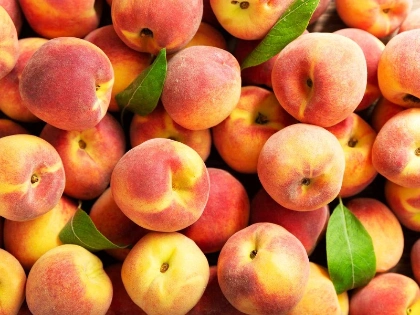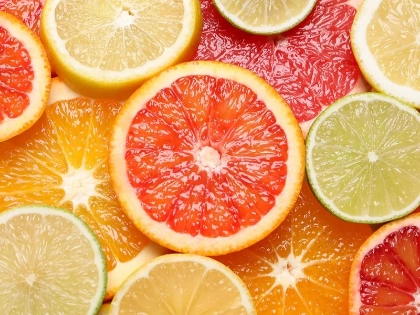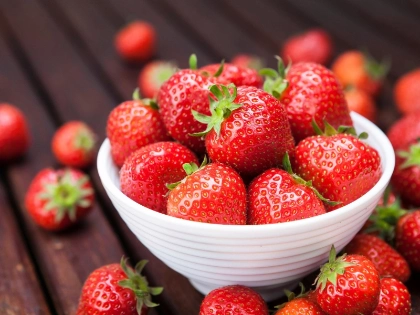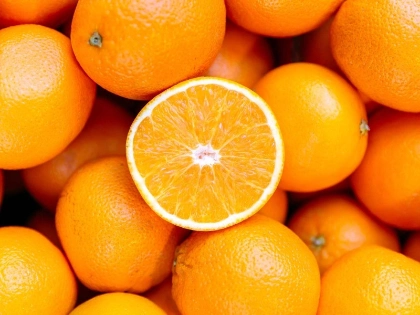Peaches are a delicious summertime treat that are rich in nutrients and vitamins that are excellent for you. They can be grilled, sliced into salsa, blended into smoothies, or used to fruit salads and desserts.
Vitamin C, an essential ingredient that supports a strong immune system, is abundant in peaches. They are minimal in calories and also have antioxidants.
Legumes
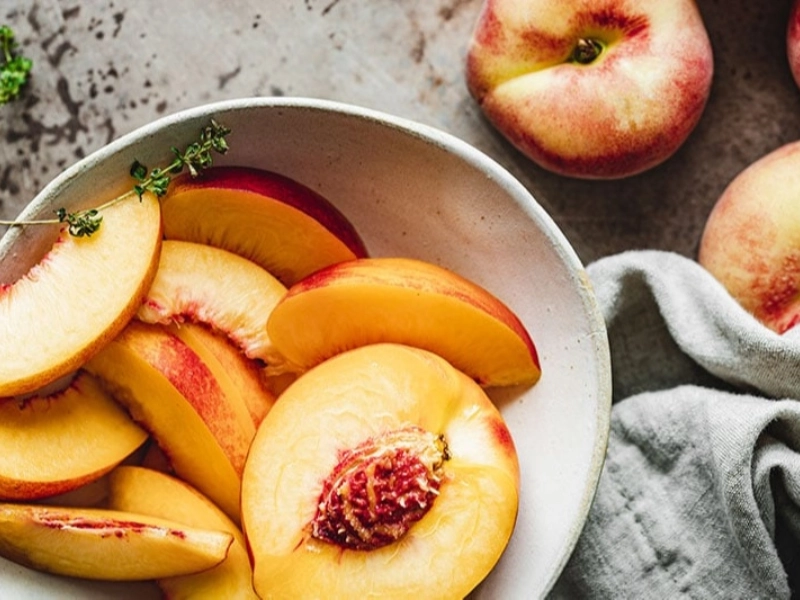
Advertisement
Nothing compares to the taste of a luscious, freshly picked peach. Delicious and nutritious, this summertime favourite can be eaten raw or baked into a warm dessert. A good source of vitamins A and C, along with other essential components, may be found in peaches. They also include a good amount of fibre, which supports healthy digestion and aids with weight loss.
Moreover, one medium peach offers 11% of your daily required intake of vitamin C, an antioxidant that supports healthy immune function and aids in the healing of wounds. Studies reveal that vitamin C enhances and boosts the activity of white blood cells, which include cells that combat pathogens and alien microorganisms.
Peaches also contain a modest amount of potassium. A single peach has 62 calories and negligible fat or sodium content. Consume in conjunction with a balanced diet to lower your chance of developing high blood pressure and heart disease.
Vitamin C
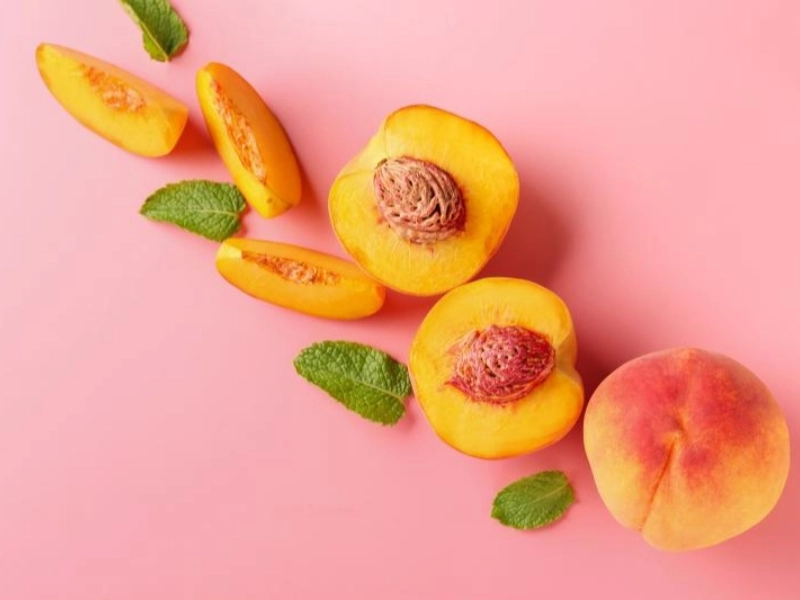
The delectable aroma, melt-in-your-mouth texture, and sunset-like colour combination of fresh peaches make them irresistible. Peaches are a delicious summertime treat, but they're also a great source of health-promoting elements that support skin and eye health and help ward against disease.
One medium raw peach provides 11% of your daily required intake of vitamin C, an antioxidant that promotes wound healing and healthy immunological function. As an antioxidant, vitamin C also aids in the battle against free radicals, which can lead to cancer and other illnesses.
Beta-carotene, which the body converts to vitamin A, is another nutrient that peaches are high in. Not only is this vitamin essential for good vision, but some research indicates it may also help lessen skin damage from UV rays. Pick peaches that smell delicious when you go peach shopping since they are typically the ripest and most delectable. Fresh, frozen, and canned varieties are available (ask the ingredients list about added sugar). When peaches are cooked, like in a cobbler, their nutritional value may be reduced.
Vitamin A
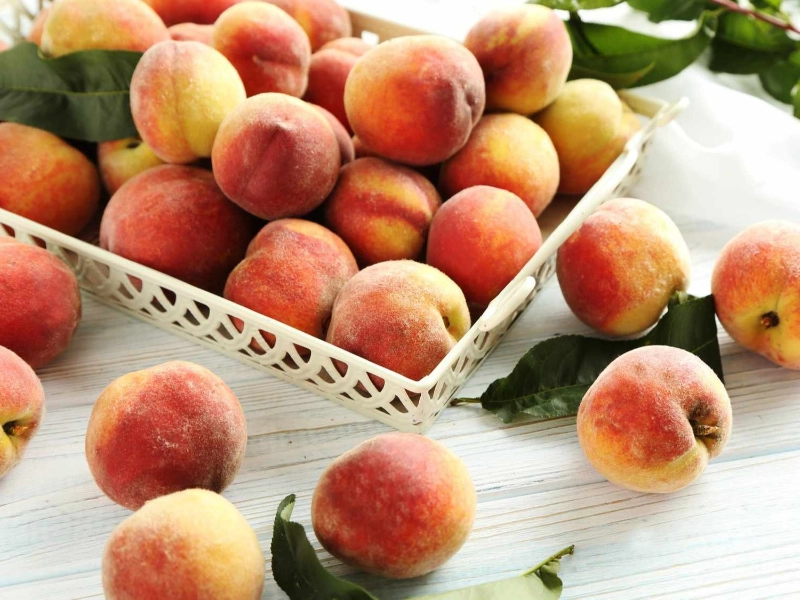
Fresh peaches are a simple and delightful complement to a nutritious diet, thanks to their pleasant aroma and fuzzy skin. The fruit has a significant amount of vitamins A and C in a cup portion, and it is naturally low in calories and fat.
In addition to supporting healthy skin and eyes, vitamin A may lower your chance of developing heart disease. Plants provide beta carotene, which the body converts to vitamin A. Peaches are a moderate source of this vitamin.
Potassium, a mineral that lowers blood pressure and improves renal function, is also present in the delicious stone fruit. Half a cup of finely diced peaches provide over 10% of your daily required potassium consumption. The mineral also helps you become regular and prevent constipation, which supports a healthy digestive tract.
Tissue
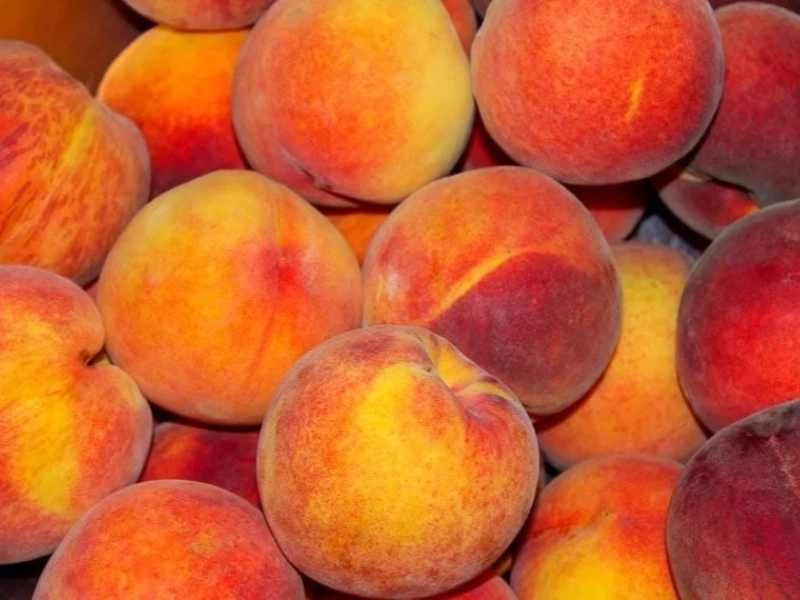
Peach fibre promotes intestinal health and helps ease constipation. It also helps the body maintain a healthy weight and strengthens immunity. With 2.52 g of fibre per cup of diced peaches, an adult's daily required intake of fibre is met by 7.5%.
Peaches also contain a lot of iron, which is an essential mineral for the synthesis of hemoglobin, which is another nutritional advantage. Since hemoglobin is the nutrient that carries oxygen in the blood, having enough of it is necessary for optimal health.
Including whole, fresh peaches in your diet is advised by nutritionists as a good way to get vitamins and minerals. As a flexible food, they can be eaten as a snack or added to salads and desserts. They include magnesium, which can help lower stress and enhance sleep quality, and they are rich in vitamin C, which supports wound healing and maintains a robust immune system. They are also a good source of potassium, which helps prevent high cholesterol and decrease blood pressure.
Advertisement







